A tall story
By Diao Ying, in Stockholm, and Mei Jia, in Beijing ( China Daily ) Updated: 2012-12-09 13:53:48"In writing about the darker aspects of society there is a danger that emotions and anger allow politics to suppress literature."
He said a novelist must take a humanistic stance as literature originates from events but transcends them.
He also mentioned the controversy surrounding his selection as Nobel winner, saying he was at the same time showered with bouquets and was a target for "stone throwers".
"At first I thought I was the target of the disputes, but over time I've come to realize that the real target was a person who had nothing to do with me."
Mo concluded by saying he was made to feel like an actor in a play with all the attention he was receiving, but he had decided that the best way to communicate his thoughts was to carry on writing.
 |
Mo Yan's speech explained both how he grew up as a writer and how he dealt with different opinions after he won the prize, commented Tomio Yoshida, a professor at Bukkyo University, who translated Mo's works into Japanese.
"The most important thing is that literature is about people. He talked about his childhood and his mother. I was very touched."
Yoshida said Mo's elevation was a symbolic event marking the Western world's recognition of Asia. "China is such a big country, but it had never won the Nobel Prize for literature," he said.
Goran Backstrand, a former Swedish diplomat who attended the lecture, said the speech was "very personal, very good".
"He gave reasons why an author can never be a political person," Backstrand said. "A writer makes us think deeper about the life we live and the society that we live in."
Mo's English-language translator Howard Goldblatt said the speech had diverse elements but was essentially a message from the heart.
"It was very personal in that it dealt with many of his novels in detail, and all his work as a reflection of his values and ideals, while touching briefly on the controversies surrounding his selection."
Xu Jinlong, a researcher at the Institute of Foreign Literature of Chinese Academy of Social Sciences, said that Mo - unlike previous Asian Nobel literature prize winners, Japan's Kenzaburo Oe (Xu is Oe's translator) and Yasunari Kawabata, who emphasized their debt to European literature - Mo concentrated on his hometown and what he knows best.
"The Nobel prize offers a sacred rostrum, where great writers show their best," Xu said. "Mo Yan described what shaped him, so he couldn't lose."
Contact the writer at diaoying@chinadaily.com.cn and meijia@chinadaily.com.cn.
 |
- Mo Yan arrives in Stockholm for Nobel Prize ceremonies
- Mo Yan to talk about storytelling, home and inspiration in Nobel prize speech
- Mo Yan's success represents recognition: Chinese writers' group
- Mo Yan's Nobel prize boosts thirst for literature
- Mo Yan's Noble Prize sparks discussion about Chinese literature
|
|
|
|
|
|
|
|

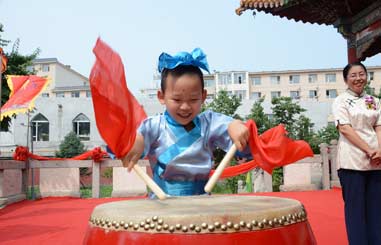


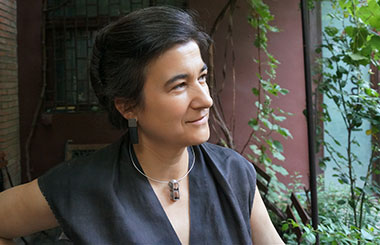
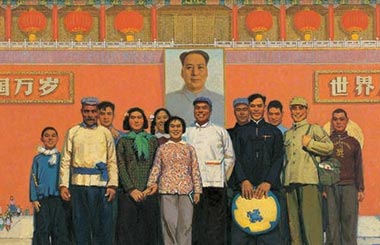




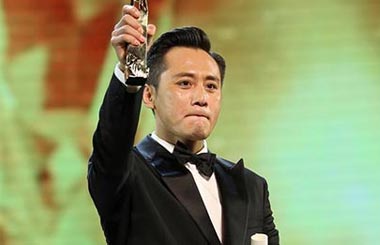










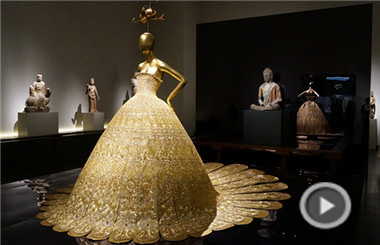

 Raymond Zhou:
Raymond Zhou: Pauline D Loh:
Pauline D Loh: Hot Pot
Hot Pot Eco China
Eco China China Dream
China Dream China Face
China Face






